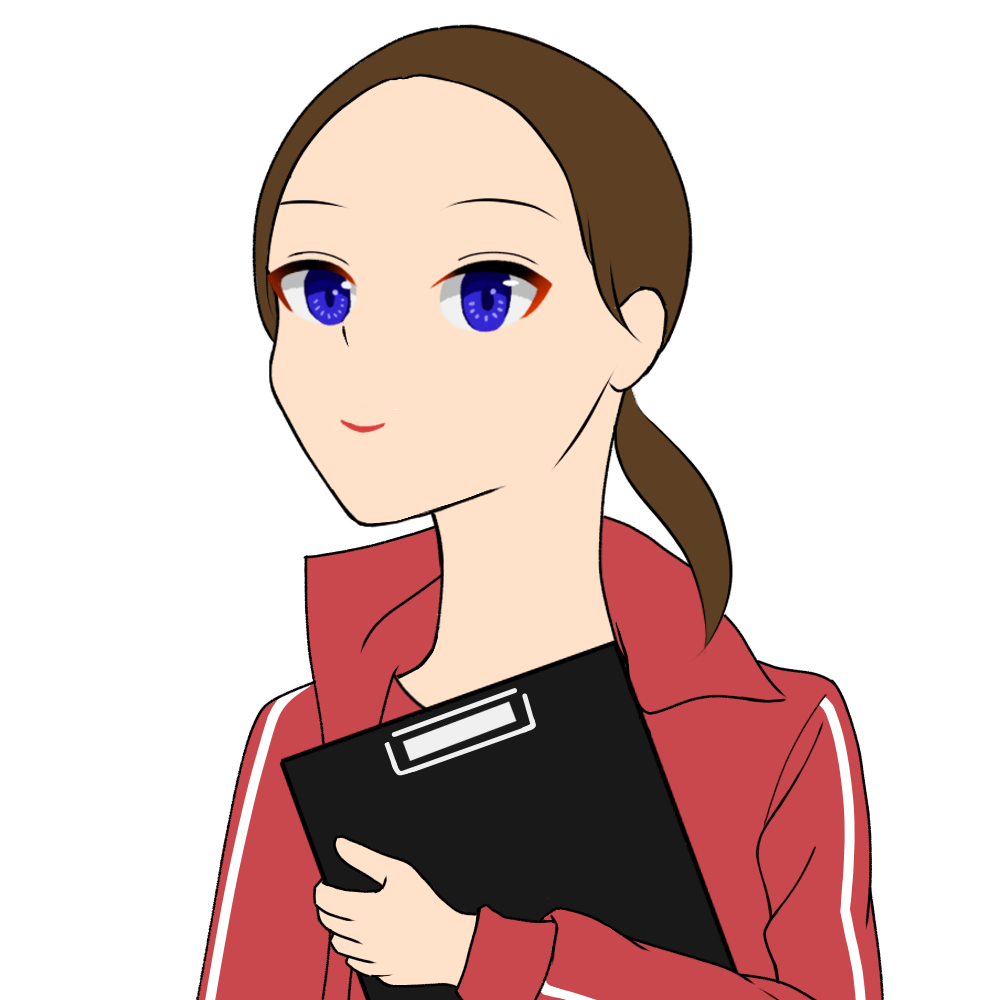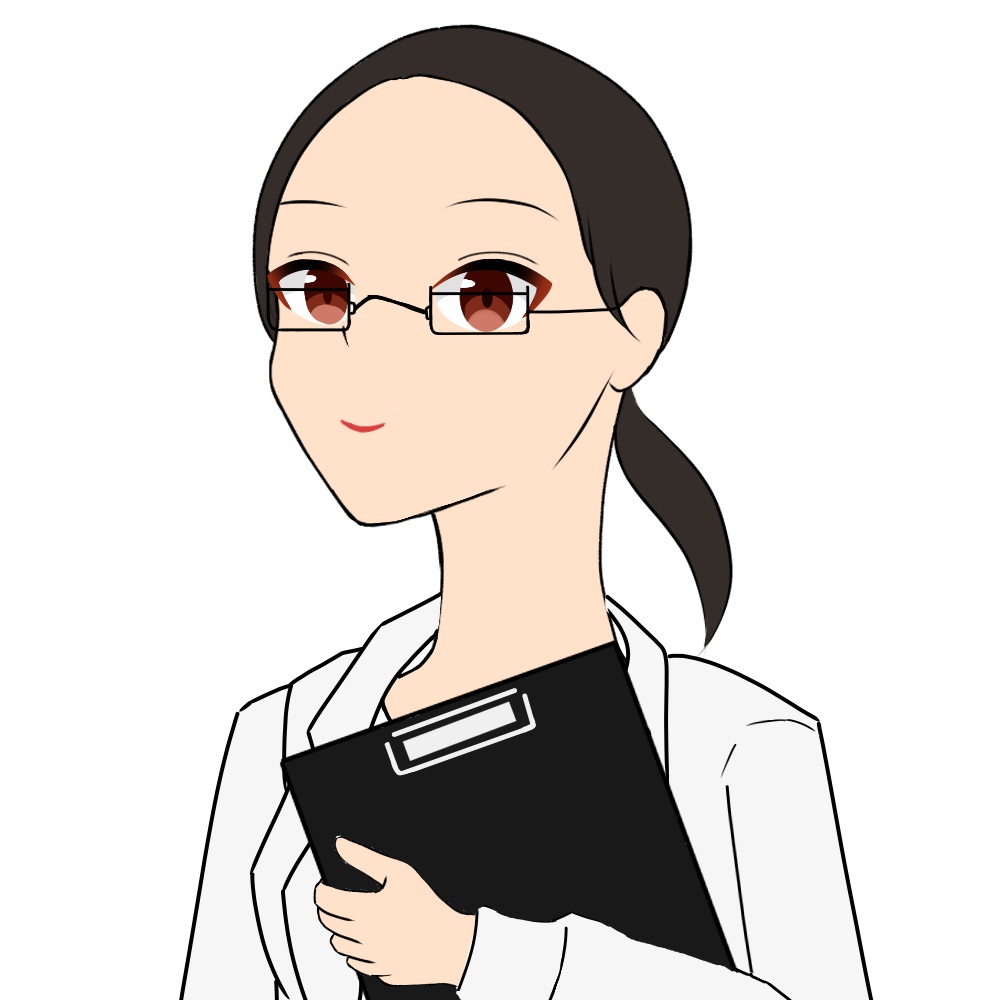Section7. Supporter
In para-sports, there are many people who support the athletes and the competition.
In this page, we introduce the professions that support para-sports behind the scenes.
How can you get the job?
Qualifications are required for coaches and technical staff. Then, what kind of qualifications and knowledge do you require for what kind of jobs? I can only introduce a part here, but why don't you visit this page!
No.1 Official Parasports Coach
|
The role of challenged person sports instructors to support the participation of challenged people in sports is increasing year by year. ”JPSA” (Japan Para Sports Association) establish 6 types of leader selection, and the leaders are sports, competitions, classrooms, magic leaders, and many places. |
 |
What is Official Parasports Coach?
An official parasports coach for persons with disabilities is an instructor who is certified by the Japanese Para-Sports Association and affiliated organizations based on the official sports instructor system for persons with disabilities. To popularize and develop sports for people with disabilities in Japan, we aim to train and improve the qualifications of human resources who have the specialized knowledge and skills to improve the sports environment for sports for people.
As mentioned above, even though it is a certified sports instructor for people with disabilities, there are six types of qualifications. The acquisition method and qualifications will vary. Sports doctors who provide medical support, trainers, and coaches have completely different relationships with athletes.
No.2 Prosthetist
A prosthetist is stipulated by law as "a person whose business is to model the part where the prosthesis and orthosis are attached, to manufacture the prosthesis and orthosis, and to adapt to the body under the direction of a doctor". It is a profession that has a national qualification based on the Prosthetist Law and works as a member of rehabilitation staff. Artificial limbs are simply the limbs of the population.
As mentioned above, you will need a license granted by passing the Prosthetics and Orthotics National Examination.
The job of a prosthetist is to model, design, manufacture, and adapt to the body of the prosthetic limb/orthosis attachment site under the direction of a doctor, and strive for the prompt rehabilitation of the patient.
To provide the most suitable one for each patient, we perform molding of the wearing part, measurement, production of prosthetics, mounting of the completed prosthetics, conformity, adjustment of the condition, and rehabilitation after wearing.
No.3 A teacher at a school for students with special needs
A special-needs school teacher is a teacher who provides an education that is similar to that of independent support education and regular schools at special-needs schools established mainly for children who are blind or deaf or have intellectual disabilities, or at special-needs classes in elementary and junior high schools. In cooperation with doctors, trainers from related facilities, psychological counselors, nutritionists, etc., they make plans to support learning and independence according to the degree of disability of each child and guide them to become socially independent.
Special-needs school teachers also provide appropriate guidance and support to children with LD (learning disabilities), ADHD (attention-deficit/hyperactivity disorder), and high-functioning autism who are enrolled in regular classes at elementary and junior high schools.
How to become a teacher at a special needs school
How to become a teacher at a special needs school order to become a teacher at a special needs school, it is generally required to obtain a license to teach at a special needs school in addition to a regular license to teach at a kindergarten, elementary school, junior high school, or high school. Specific methods include
(1) Take specialized subjects related to special needs education at a university.
(2) After obtaining a teaching license for kindergarten, elementary school, junior high school, or high school, complete a special major in special needs education at a teacher-training university.
(3) After obtaining a teacher's license for kindergarten, elementary school, junior high school, or high school, gain work experience and earn credits at a university, etc., or take a course conducted by a prefectural board of education to obtain certification.
These are the three main ways to become a teacher.
In addition to specialized knowledge, many skills are required, such as patiently interacting with children and providing educational advice to parents on their problems.
No.4 Occupational Therapist
An occupational therapist is a national qualification based on the "Physical Therapist and Occupational Therapist Act", and is sometimes called OT (Occupational Therapist).
Occupational therapy is defined in Article 2, Section 2 of the above-mentioned law as "the practice of having persons with physical or mental disabilities perform handicrafts, crafts, and other tasks primarily to restore their ability to perform applied activities or adapt to social situations. Occupational therapists are licensed by the Minister of Health, Labor, and Welfare, and under the name of "occupational therapist," they perform occupational therapy under the direction of a physician.
Occupational therapists work mainly in hospitals, rehabilitation facilities, and social welfare facilities. Under the direction of a doctor, occupational therapists provide treatment, guidance, and assistance to people with disabilities through occupational activities that promote the recovery, maintenance, and development of various functions using various activities such as handicrafts and crafts.
What is the occupational activity?
Occupational activities refer to all activities related to daily living, work, and play. There are many different types of work activities depending on the person being treated. This means that they need to be tailored to the type of disability the person has.
To become an occupational therapist.
(1) A person must be a graduate of an occupational therapy training school (four-year university, three-year junior college, or vocational school).
(2) You must have graduated from a school or training facility related to occupational therapy in a foreign country, or have obtained a license equivalent to an occupational therapist license in a foreign country, and have been approved by the Minister of Health, Labor, and Welfare.
After meeting either of the above conditions (1) or (2), a person can call themselves an occupational therapist bypassing the national occupational therapist examination and registering as an occupational therapist.
As of the end of December 2014, the number of registered occupational therapists was 74,805.
No.5 Sports nutritionist
|
Certified sports dietitians are experts in sports nutrition, and are jointly certified by the Japan Dietetic Association and the Japan Sports Association |
 |
How to become a certified sports nutritionist?
1) Must be a registered dietitian2) Must be 22 years of age or older as of April 1 of the year in which he/she intends to take the Certified Sports Dietitian Training Seminar.
3) Have experience or plan to have experience in sports nutrition guidance.
4) The applicant must be approved by the Japan Sports Association and the Japan Dietetic Association.
These are the qualifications for application.
Summary
I hope I have conveyed on this page that para-sports is not only made possible by the power of the athletes, but also by the support of the people who have put in as much effort as the athletes.
Reference data
義肢装具士とは
https://www.japo.jp/about-prosthetist/aim-prosthetist.html
公認スポーツ栄養士|公益財団法人 日本栄養士会
https://www.dietitian.or.jp/career/specialcertifications/sports/
看護医療進学ネット-資格・職業を調べる-義肢装具士
https://www.ishin.jp/license/qualification/14.html
マナビジョン-特別支援学校教諭
https://manabi.benesse.ne.jp/shokugaku/job/list/142/
作業療法士|福祉のお仕事
https://www.fukushi-work.jp/shikaku/detail.html?id=1&did=3
パラスポーツにかかわる仕事、どんな職業があるの?~競技や選手に直接関わる団体職員編~
https://www.parasapo.tokyo/topics/29199
パラスポーツにかかわる仕事、どんな職業があるの?~高度な知識や技術を生かして選手をサポートする専門スタッフ編~
https://www.parasapo.tokyo/topics/29328
「パラスポーツ パラリンピックを楽しもう ルールブック」 (書籍)
日本障がい者スポーツ協会・医学委員長 日本リハビリテーション専門学校校長 陶山哲夫 監修
コンデックス情報研究所 編著
Go "Support"
